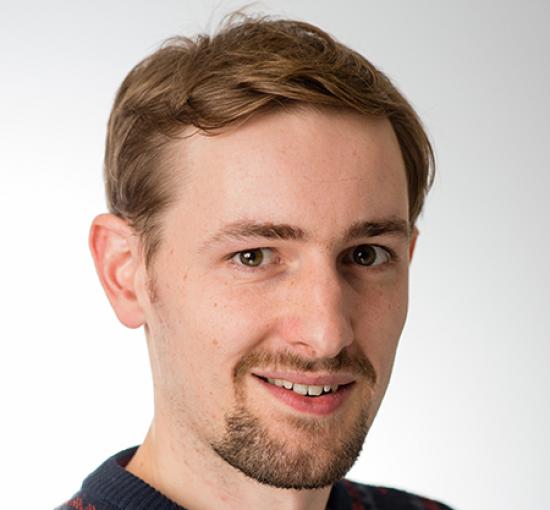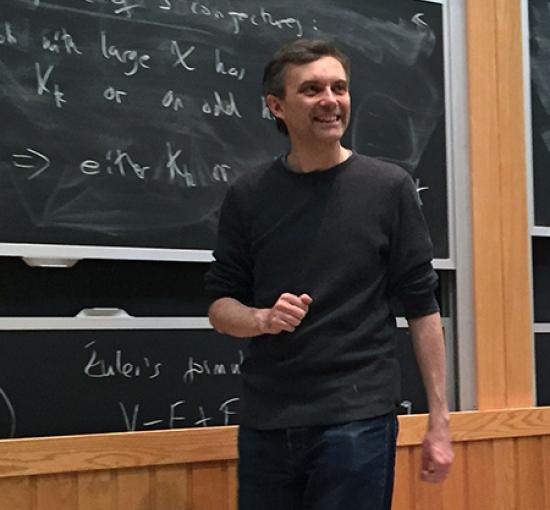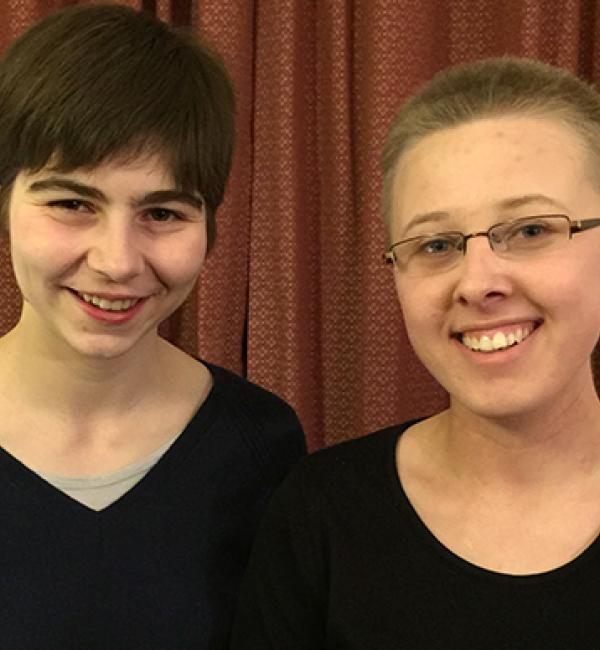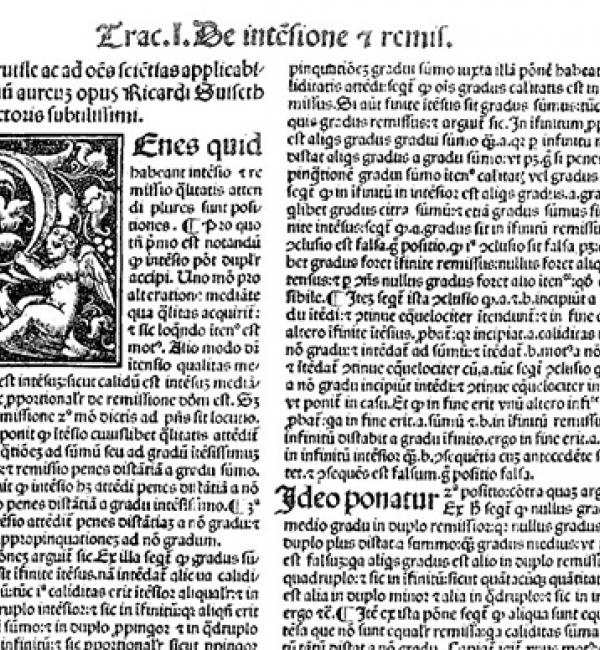
Mathematics and joint schools
6 single honours, and 4 in Joint Schools.
- Dr Mihai Cucuringu, Stipendiary Lecturer in Statistics
- Professor Yang-Hui He, Non-Stipendiary Lecturer in Mathematics
- Julia Stadlmann, Stipendiary Lecturer in Mathematics
- Jeffrey Tse, Stipendiary Lecturer in Statistics
- Maximilian Doré, Stipendiary Lecturer in Computer Science
Mathematics and Computer Science: Natural partners, the study of mathematics is integral to, and complements, that of computer science. All computer scientists require a solid grounding in the use of mathematical tools, and mathematicians now often make use of computing tools for problem-solving; this degree course allows further investigation into this overlap and mutual relevance.
Mathematics and Philosophy: Embracing the common interests of these two disciplines, you will cover core foundational topics in both subjects, and will then have many optional papers to choose from. The only required subjects in philosophy are Elements of Logic, General Philosophy, and Frege’s Foundations of Arithmetic, all studied in the first year. The only compulsory subject in years two and three is Foundations, which includes logic and set theory. The fourth year can be given over entirely to philosophy or entirely to mathematics, or continue with a mixture of both.
Mathematics and Statistics: Oxford’s Maths & Statistics course provides the chance to specialise in probability and statistics.
- Merton's mathematicians have a strong academic record. Most undergraduate students continue to the four-year Masters course, and many go on to do a postgraduate degree.
- Mathematics and Joint Schools at Merton constitute one of our largest undergraduate subject groups overall; they are also run alongside Computer Science and Joint Schools courses. In addition, Merton has a large cohort of postgraduate students studying Mathematics and related subjects. This large collection of students and researchers with similar academic interests makes for lively discussion and debate, and a strong sense of community.
- Merton’s student-run Mathematical Society holds a variety of events, social activities and talks throughout the year, which are ever popular.
- Merton offers generous academic grants and funding for research projects and travel.
- Eminent mathematician Sir Andrew Wiles, well-known through his proof of Fermat’s Last Theorem, is a Fellow at Merton.
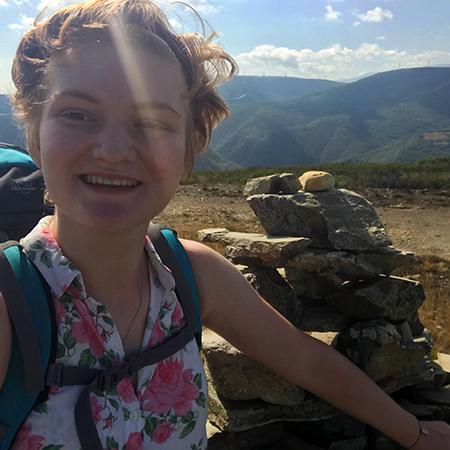
Name: Alice Hilder Jarvis
Year: 2
Subject: Maths and Philosophy
Where are you from?: Wheathampstead, Hertfordshire
Best thing about Merton?
There are so many good things about Merton that it’s hard to pick the best one! If I had to choose, I’d say the best thing is the people. I’ve met so many inspiring people here, and I’m constantly surprised by the eye-opening chats that people have at Merton about a whole range of different ideas that I’d barely even thought about before! Merton is also a beautiful place to live. I often catch myself walking through Fellows’ Garden with a huge smile on my face just because it makes me so happy to be in a place as lovely as Merton.
Best thing about your course?
The best thing about Maths and Philosophy is the variety of the course. In the morning, I might be writing an essay about Epistemology or Applied Ethics, and by the afternoon I’ll have turned to a problem sheet on Probability or Complex Analysis! Particularly in the third and fourth years of my degree, there is a broad range of modules which I can choose from, which allows me to tailor my degree to suit my interests. In my fourth year, I’ll also be able to choose to drop one of my two subjects and focus exclusively on the other if I want to, so that I can spend more time and energy on the topics that I love. It’s a really varied degree, with so much space to make it your own.
Best thing about the collegiate system?
Living in a College has so many advantages, academically as well as socially. On the social side, the collegiate system fosters a genuine sense of community. It’s lovely to recognise almost all of the people who live with me in my college. The collegiate system also makes meeting so many new people feel much less overwhelming, and helps you build relationships with the other people who live around you. On the academic side, it’s great to be able to pop downstairs or across college to speak to someone who does my subject, to ponder over a Maths problem together or talk about a tricky idea in some of my reading.
What are tutorials like?
Tutorials are one of the highlights of studying at Oxford. Tutorials are classes which happen in small groups – in Maths, usually pairs or threes. Tutorials make the learning experience a lot more intense and help you push yourself much further. The opportunity to learn from academics in these small groups gives you the chance to ask any questions you might have, and make the most of the expertise of your tutors. In Philosophy, I’ve been lucky enough to have a lot of one-on-one tutorials, which have been some of my favourite parts of my degree. It’s been incredible to talk to an expert in my subject every week, and to dissect in such detail the ideas and arguments which I’ve been learning about and discussing in my essays.
What do you do when you’re not working?
When I’m not working, I spend a lot of my time bouldering and climbing! There are several climbers at Merton, and I usually bump into people I know when I’m up at the climbing wall, so it’s quite a sociable activity. Climbing is a really good way to relax and get my body moving, so I find it a great way to detox from studying! I’m also a choral scholar, so I sing choral evensong three times a week with Merton College Choir in Merton’s chapel. I love Merton College Choir – we sing beautiful music, some of which our conductor commissions for the choir, and often have opportunities to record CDs, sing concerts, and appear on the radio. It’s also where I’ve met many of my closest friends!
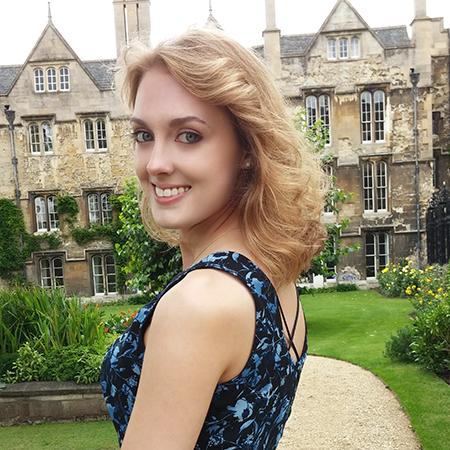
Name: Francesca Lovell-Read
Year: 4
Where are you from?: Wokingham
Why Merton?
I was a little biased in favour of Merton before I even started considering which college to apply to, as my older sister was already a student here so I had heard all about what a wonderful college it was! When I really started looking, in addition to Merton’s formidable academic reputation I initially shortlisted Merton for several practical reasons, including the fact that they provide accommodation for the duration of your degree, and that you have access both to meals in hall and to good kitchen facilities. However, my mind was really made up when I visited Merton on an Open Day – I fell in love with it as soon as I walked through the gates, and never looked back!
Best thing about Merton?
There are so many wonderful things about Merton, it’s impossible to pick just one! Merton is such an incredible place in which to live and study, not least because of its beauty and history, and the traditions which are so much a part of life here. However, what has really made my time at Merton so special is the group of friends I have made here, and I think that in general the lovely community of people here is Merton’s greatest asset.
Best thing about your course?
The maths course at Oxford is really good, because it gives you a lot of flexibility to pursue areas which particularly interest you. After the first year, which gives you a really solid grounding in some really fundamental areas, you begin to be allowed to specialise, and in the third and fourth years you have completely free rein over your choice of modules. Whether you are interested in algebraic topology, mathematical biology, or the psychology of mathematics education, you have the freedom to explore whatever fascinates you the most.
Best thing about Oxford?
One of the things I love most about Oxford is the amount of history surrounding you at every turn. It’s very special to feel that you are following in the footsteps of all the incredible people who came before you. Whether it’s eating breakfast at the table JRR Tolkien once ate at or sitting your exams in the same room that Stephen Hawking sat his, it sort of makes you feel like anything is possible.
Best thing about the collegiate system?
I think that the best part about the collegiate system is the enhanced sense of community that a college provides. From the moment you arrive, being part of a college gives you a sense of belonging and an almost automatic group of friends, and your college remains a focal point of your life throughout your time in Oxford. Having that college identity really helps you find your feet in a new city.
Most important thing you’ve learnt?
The most important thing Oxford has taught me is to believe in myself more. Studying here has been really challenging, and it’s taken a lot of perseverance to get to where I am - but it’s been worth every second for the all of the incredible experiences I’ve had along the way.
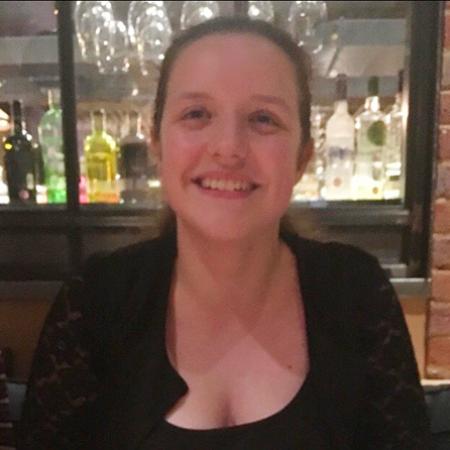
Name: Kitty Sparrowhawk
Year: First
Where are you from?: Buckinghamshire
Best thing about Merton?
Merton is absolutely gorgeous – on a daily basis, I find myself wandering through the gardens, amazed that I get to live and work in such a beautiful place.
Best thing about your course?
The variety of topics covered – maths is such a broad subject and the huge range of topics you study definitely reflects that. In my first term alone, I had lectures on analysis, calculus, probability and geometry.
Most important thing you’ve learnt?
Take advantage of all the opportunities you can – there are so many different things going on that there’s almost always going to be something you’re interested in doing.
Also, don’t forget your toothbrush – it’s kind of important.
How has Oxford changed you?
I would definitely say I’m more confident now, especially when it comes to meeting new people. I was really nervous going into my first week because I was going to have to talk to so many new people but, by the end of the week, I not only felt more comfortable around the people I had met, but also about meeting more new people in the future.
What were you worried about before you arrived?
I’m fairly certain I managed to worry about everything you possibly could worry about. However, whether it was worrying about making friends or not being good enough or simply not being able to find my way around Oxford, over the past year I gradually managed to overcome my worries (even if I do still have to use Google Maps to get around sometimes).
What’s the work like?
It’s difficult but rewarding. For maths, the work in first year is all problem sheet based – you’re given a sheet with about 5 questions on it based on the lectures you’ve had in the past week. Sometimes the questions can be incredibly frustrating but it’s always an amazing feeling to finally work out the right answer.
Favourite spot to relax?
Definitely the bar – it has such a friendly atmosphere and, even if you’re not going out that night, it’s still a really nice place to hang out with friends after a long day of lectures, tutorials and problem sheets/essays.
Favourite place to eat?
For lunch? Definitely the Hall – Merton offers so many choices for your main meal as well as a salad bar and multiple dessert options. It’s incredible and I miss it every day I’m not in college
What are tutorials like?
They definitely start off quite intimidating since it’s a new format of teaching for a lot of people but, after your first couple of tutorials, the scariness wears off and they become way more fun. In maths tutorials, you tend to just go through the questions on your problem sheets but often tutors will take the opportunity to touch on relevant material that isn’t covered in lectures.

